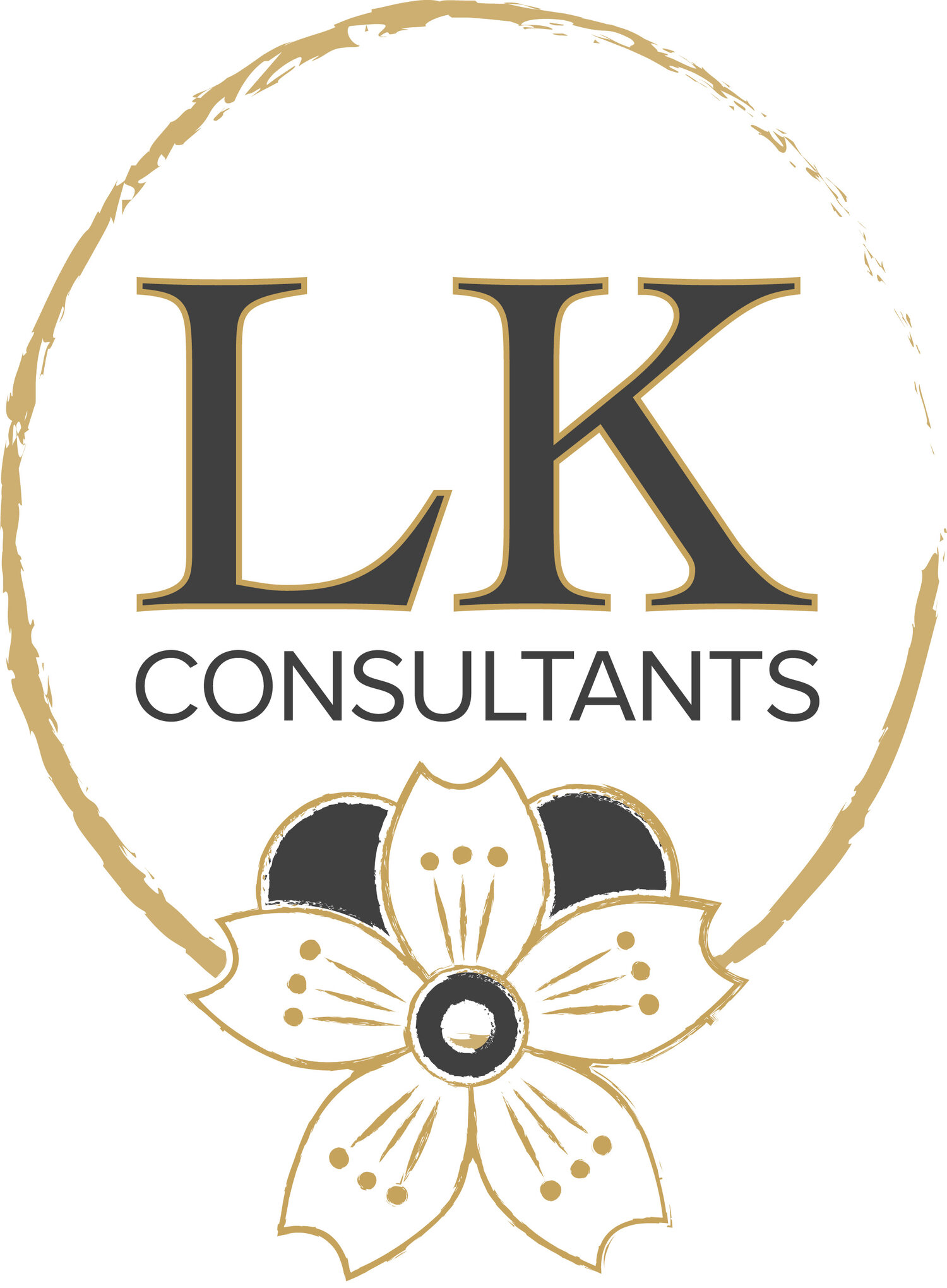Editor’s note: This is the first in a five-part series about productivity. Each Tuesday in the month of January 2024, I will release the next article in this series.
—
In a 24/7 economy driven by the internet, digital tools, data, and ever-increasing expectations, our society is using the word “productivity” more than ever. We often equate productivity with staying busy, multitasking, and pushing ourselves to get as much done as possible — crossing off all the items on our to-do lists regardless of importance. Yet we wonder why we’re exhausted.
Merriam-Webster’s definition of productivity does, in fact, focus on output — the quantity of production, with the first known use of the word occurring in 1612 and use of it peaking in the 1980s, but its current definition came into vogue during the Industrial Revolution, according to Google’s Ngram Viewer Feature.
When talking about large-scale industrial production, M-W’s definition makes sense. Today, however, while it hasn’t officially been recorded, more often modern productivity is also defined as what we produce on an individual human level — how much energy and effort we contribute to the company we work for, to our own businesses, to clients and customers, and what we accomplish in our day-to-day lives. But there are flaws in applying the word productivity to individual human output.
First, productivity doesn’t take the quality of output into consideration. It’s still about quantity.
Second, unlike machines, humans need downtime. They also need to eat, exercise, spend time with loved ones, and take time for hobbies and other pursuits for their personal growth and good health. A machine, however, only needs periodic downtime for maintenance and repairs. If we’re talking about creating a large number of physical products per hour, even an extensive team of experienced human workers can’t match the per-minute output from a series of customized, single-task machines in a factory.
Productivity is a word for industry and machines. If we apply it to ourselves as individuals, then we’re not accounting for the full scope of our human needs.
THE REFRAME
According to Merriam-Webster.com, a synonym for productive is constructive. If we think of approaching tasks in terms of what’s constructive, rather than productive, we open up a new set of options and possibilities, and we can create much-needed balance. For example:
What’s Productive: Crossing another task off the list, e.g. sending another email, creating another widget, etc.
What’s Constructive: Taking 10 minutes to meditate, nap, or break to eat a meal; catching up with a friend over coffee; going for a walk; creating an open outline for the next 60 days, journaling for 10 minutes; so on.
By using this reframe, together with four crucial concepts that I will cover in a series of upcoming articles, you can start replacing the word productive with constructive and begin making better decisions about your to-do list and your day-to-day activities.
DISCLAIMER
Before we continue, you’ve probably noticed a bit of a contradiction here: I call myself a Productivity Coach and Strategist, but I’m arguing to move away from the word productive to describe our individual work and output.
Given the world we live in, the current use of the word productivity is not likely to stop anytime soon.
So instead of trying to force the world to use a new word all by myself (that would be a mighty feat!), my goal is to help people reframe and change their understanding of productivity as a concept, and shift toward living a more comfortable life, reducing stress, and getting more of the RIGHT things done.
I want people to understand that being productive (producing as much as possible) is not always the goal. The goal is to focus on the right things and to do less better. To work and play. To stop spinning your wheels trying to finish tasks that don’t contribute to your goals or your definition of success.
So how do we focus on more constructive activities to work more efficiently and find valuable free time for other activities in life?
The following four posts, released the Tuesday of each week of this month, will cover these four concepts to help you start your shift:
The 80/20 Rule (also known as the Pareto Principle)
Essentialism
Point of Diminishing Returns
EDSAD Framework
What do you think about the reframe from the concept of productive to constructive? Share in the comments below.






